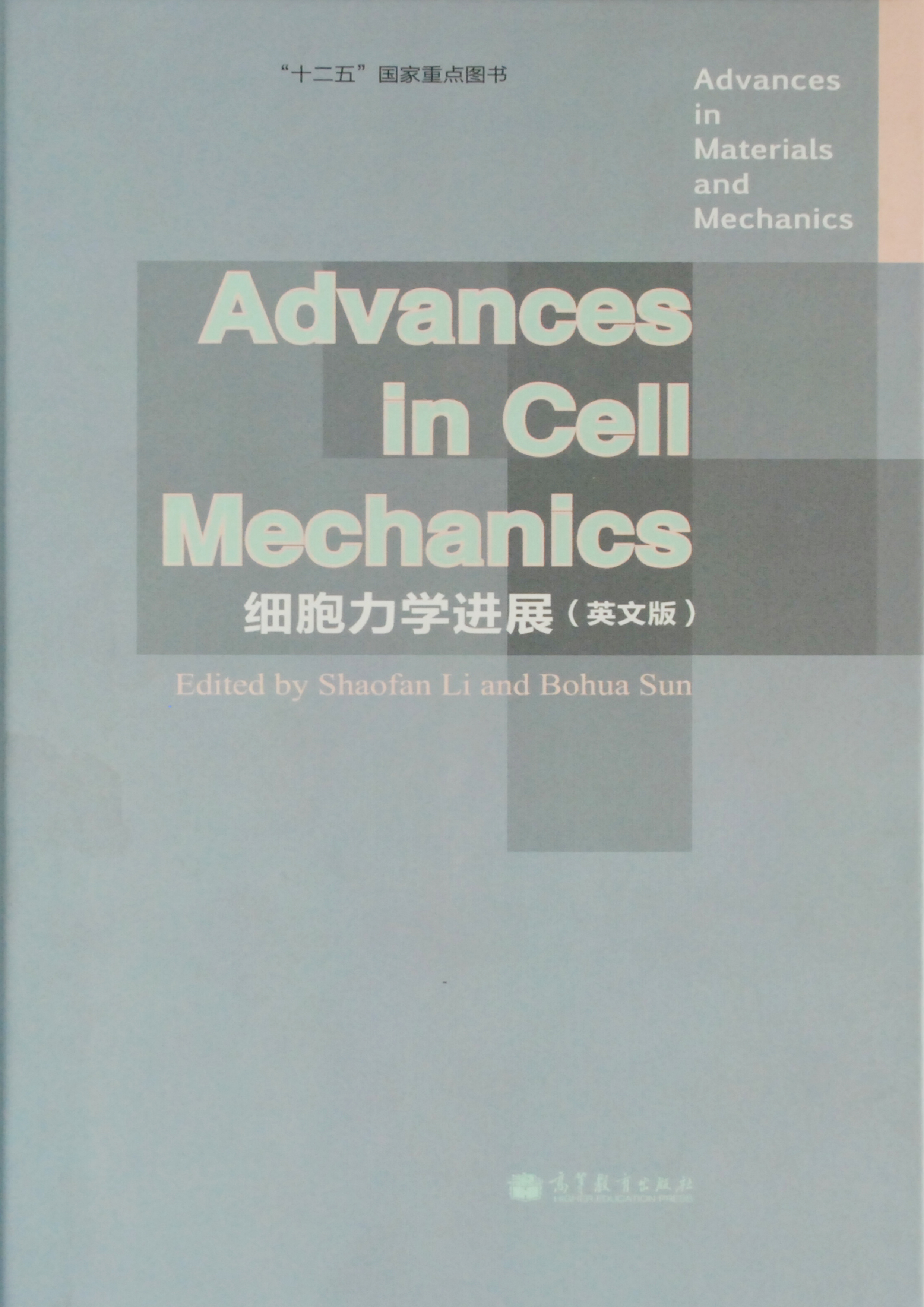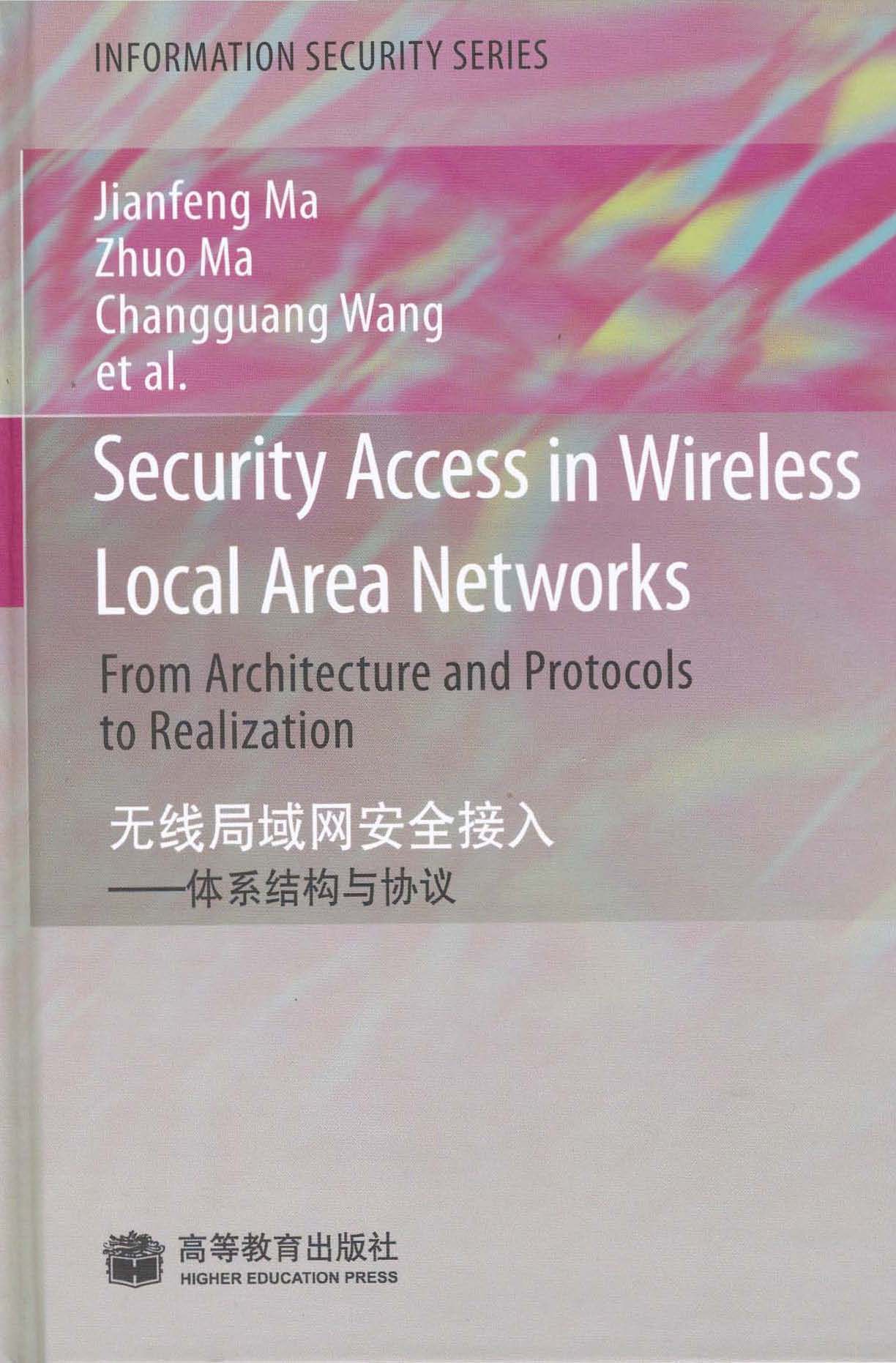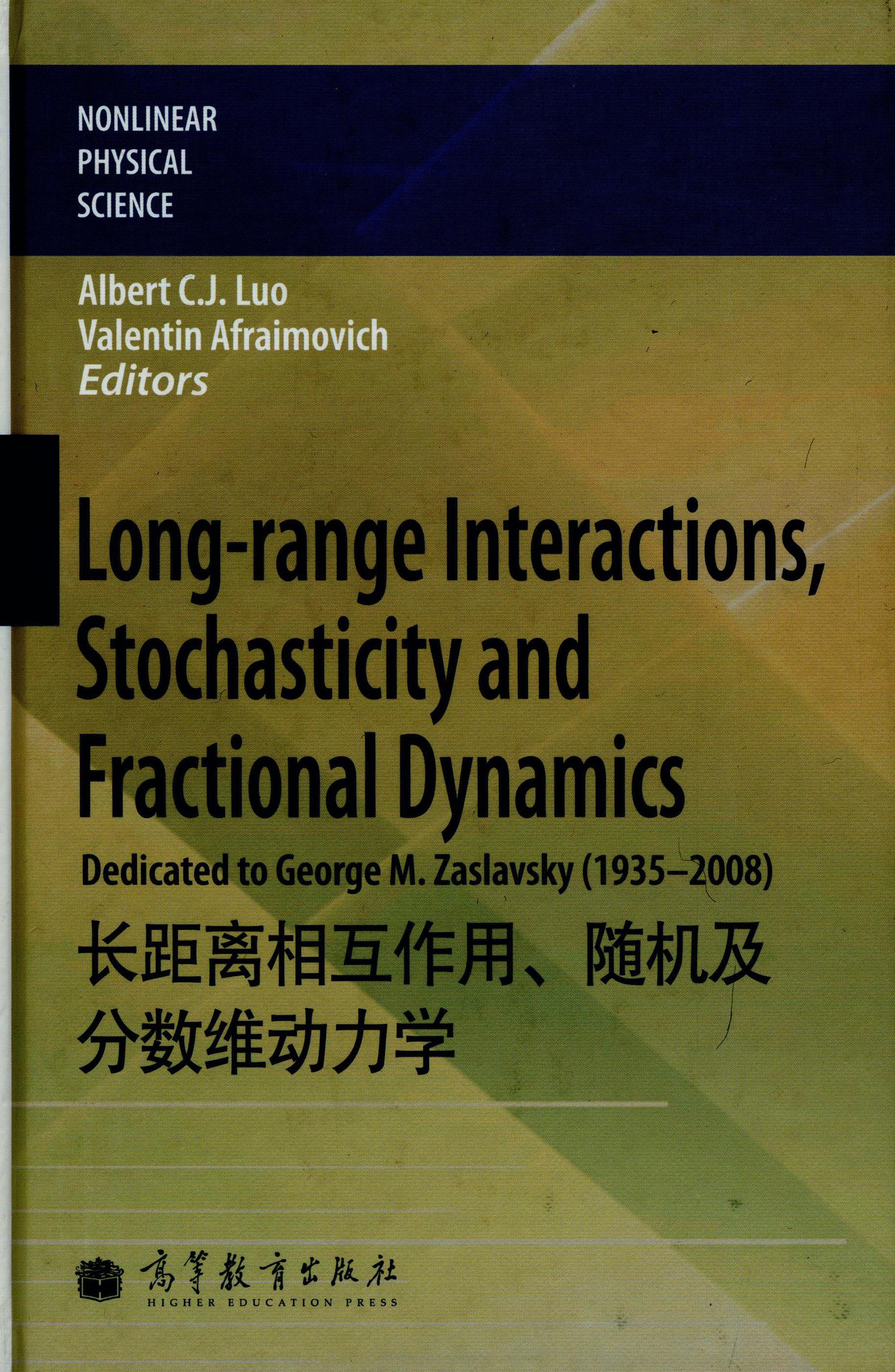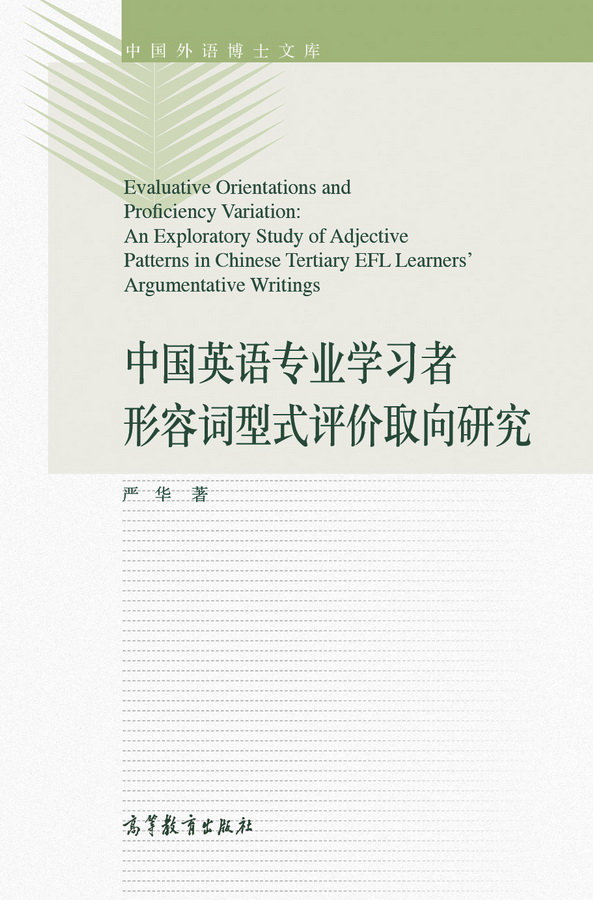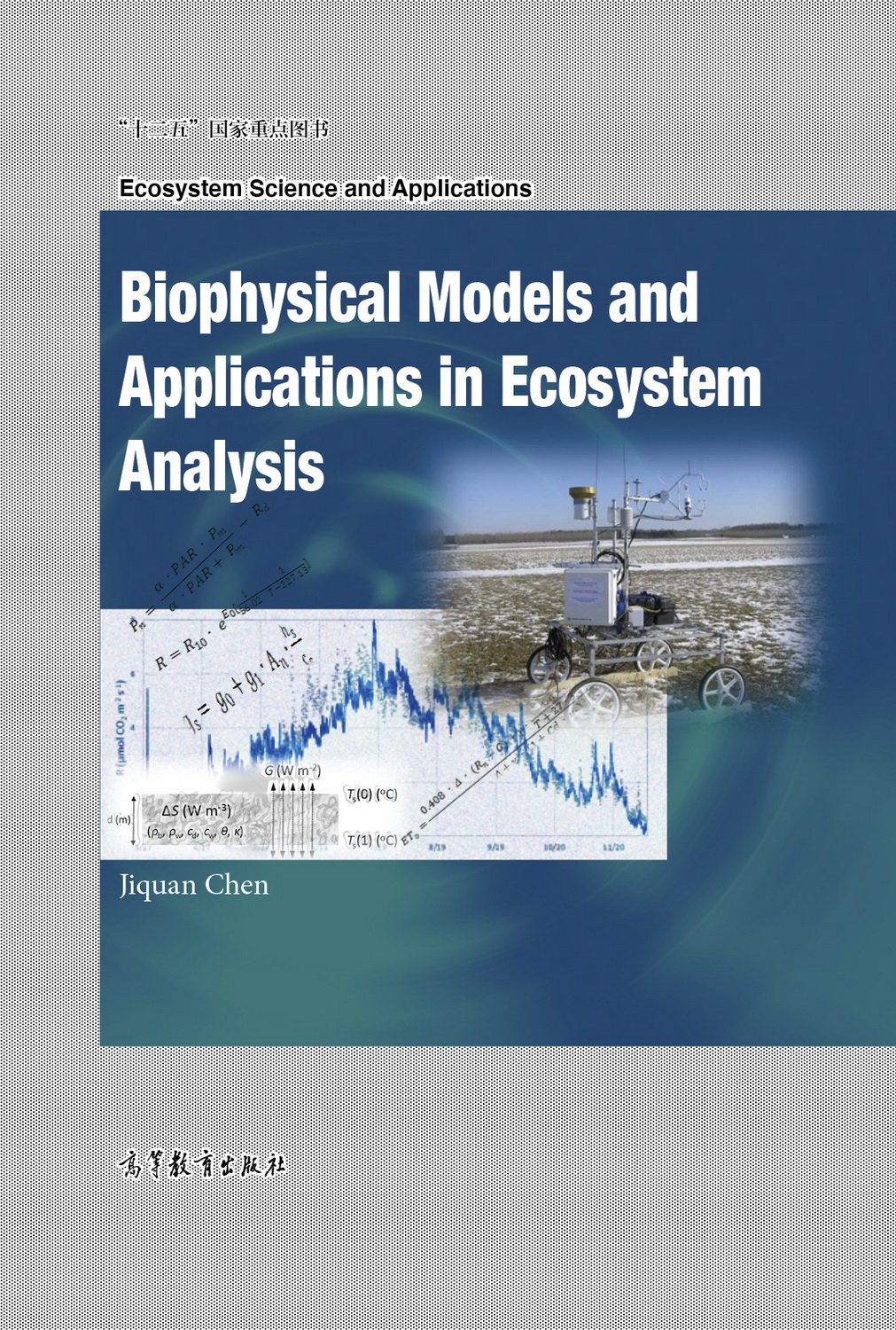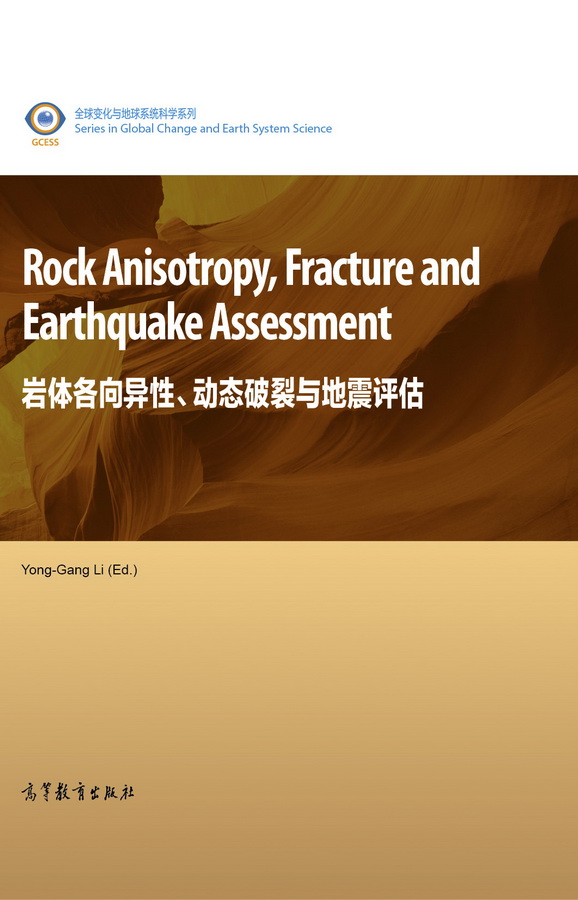现代信息光学(MATLAB)(英文版)
作者: 张亚萍,潘定中
出版时间:2024-05
出版社:高等教育出版社
- 高等教育出版社
- 9787040616880
- 1版
- 517603
- 48266954-6
- 精装
- 16开
- 2024-05
- 370
- 404
- 工学
- 电子信息类
- 物理类
- 本科 研究生及以上
Modern Information Optics with MATLAB is an easy-to-understand course book and is based on the authentic lectures and detailed research, conducted by the authors themselves, on information optics, holography, and MATLAB. This book is the first to highlight the incoherent optical system, provide up-to-date, novel digital holography techniques, and demonstrate MATLAB codes to accomplish tasks such as optical image processing and pattern recognition. This title is a comprehensive introduction to the basics of Fourier optics as well as optical image processing and digital holography. This is a step-by-step guide that details the vast majority of the derivations, without omitting essential steps, to facilitate a clear mathematical understanding. This book also features exercises at the end of each chapter, providing handson experience and consolidating the understanding. This book is an ideal companion for graduates and researchers involved in engineering and applied physics, as well as those interested in the growing field of information optics.
前辅文
1 Gaussian Optics and Uncertainty Principle
1.1 Gaussian Optics
1.1.1 Ray Transfer Matrices
1.1.2 Ray Tracing through a Thin Lens
1.2 Resolution, Depth of Focus, and Depth of Field
1.2.1 Circular Aperture
1.2.2 Annular Aperture
1.3 Illustrative Examples
1.3.1 Three-Dimensional Imaging through a Single-Lens Example
1.3.2 Angle of Spread from a Slit Example
Problems
Bibliography
2 Linear Invariant Systems and Fourier Analysis
2.1 Signals and Systems
2.1.1 Signal Operations
2.1.2 Some Useful Signal Models
2.1.3 Linear and Time-Invariant Systems
2.1.4 Impulse Responses
2.1.5 Frequency Response Functions
2.2 Fourier Analysis
2.2.1 Fourier Series
2.2.2 Fourier Transform
2.3 Fourier Analysis in Two Dimensions
2.3.1 The Two-Dimensional Fourier Transform
2.3.2 Calculation Examples of Some 2-D Fourier Transforms
2.3.3 Properties of the Fourier Transform
2.3.4 2-D Convolution, Correlation, and Matched Filtering
Problems
Bibliography
3 Wave Propagation and Wave Optics
3.1 Maxwell’s Equations
3.2 Vector Wave Equations
3.3 Traveling-Wave Solutions and the Poynting Vector
3.4 Fourier Transform-Based Scalar Diffraction Theory
3.4.1 Huygens’ Principle
3.4.2 Fresnel Diffraction and Fraunhofer Diffraction
3.4.3 Phase Transforming Property of an Ideal Lens
3.5 Gaussian Beam Optics
3.5.1 q-Transformation and Bilinear Transformation
3.5.2 Examples on the Use of the Bilinear Transformation
Problems
Bibliography
4 Spatial Coherent and Incoherent Optical Systems
4.1 Temporal Coherence and Spatial Coherence
4.2 Spatial Coherent Image Processing
4.2.1 Pupil Function, Coherent Point Spread Function, and Coherent Transfer Function
4.2.2 Coherent Image Processing Examples
4.3 Spatial Incoherent Image Processing
4.3.1 Intensity Point Spread Function and Optical Transfer Function
4.3.2 Incoherent Image Processing Examples
4.4 Scanning Image Processing
4.4.1 Coherent Imaging
4.4.2 Incoherent Imaging
4.5 Two-Pupil Synthesis of Optical Transfer Functions
Problems
Bibliography
5 Principles of Coherent Holography
5.1 Fresnel Zone Plate as a Point-Source Hologram
5.1.1 On-axis Recording
5.1.2 Off-axis Recording
5.2 Three-Dimensional Holographic Imaging
5.2.1 Recording and Reconstruction
5.2.2 Lateral and Longitudinal Holographic Magnifications
5.3 Types of Holograms
5.3.1 Gabor Hologram and On-axis Hologram
5.3.2 Fourier Hologram
5.3.3 Image Hologram
5.3.4 Complex Spatial Filtering and Joint-Transform Correlation
Problems
Bibliography
6 Digital Holography
6.1 Coherent Digital Holography
6.1.1 CCD Limitations
6.1.2 Optical Recording of Digital Holograms
6.2 Modern Digital Holographic Techniques
6.2.1 Phase-Shifting Holography
6.2.2 Optical Scanning Holography in Coherent Mode
6.3 Incoherent Holography
6.3.1 Optical Scanning Holography in Incoherent Mode
6.3.2 Fresnel Incoherent Correlation Holography
6.3.3 Coded Aperture Imaging and Coded Aperture Correlation Holography
6.3.4 Pre-processing in Optical Scanning Holography
6.4 Computer-Generated Holography
6.4.1 Point-Based Approach
6.4.2 Polygon-Based Approach
Problems
Bibliography
7 Spatial Light Modulators for Processing Optical Information
7.1 Information Processing with Acousto-Optic Modulators
7.1.1 The Acousto-Optic Effect
7.1.2 Raman-Nath and Bragg Diffraction
7.1.3 Typical Applications of the Acousto-Optic Effect
7.2 Information Processing with Electro-Optic Modulators
7.2.1 Polarization of Light
7.2.2 Index Ellipsoid and Birefringent Wave Plates
7.2.3 The Electro-Optic Effect
7.2.4 Electro-Optic Intensity Modulation and Phase Modulation
7.3 Information Processing and Display with Liquid Crystal Cells
7.3.1 Liquid Crystals
7.3.2 Phase Modulation and Intensity Modulation Using Liquid Crystal Cells
Problems
Bibliography
Index


